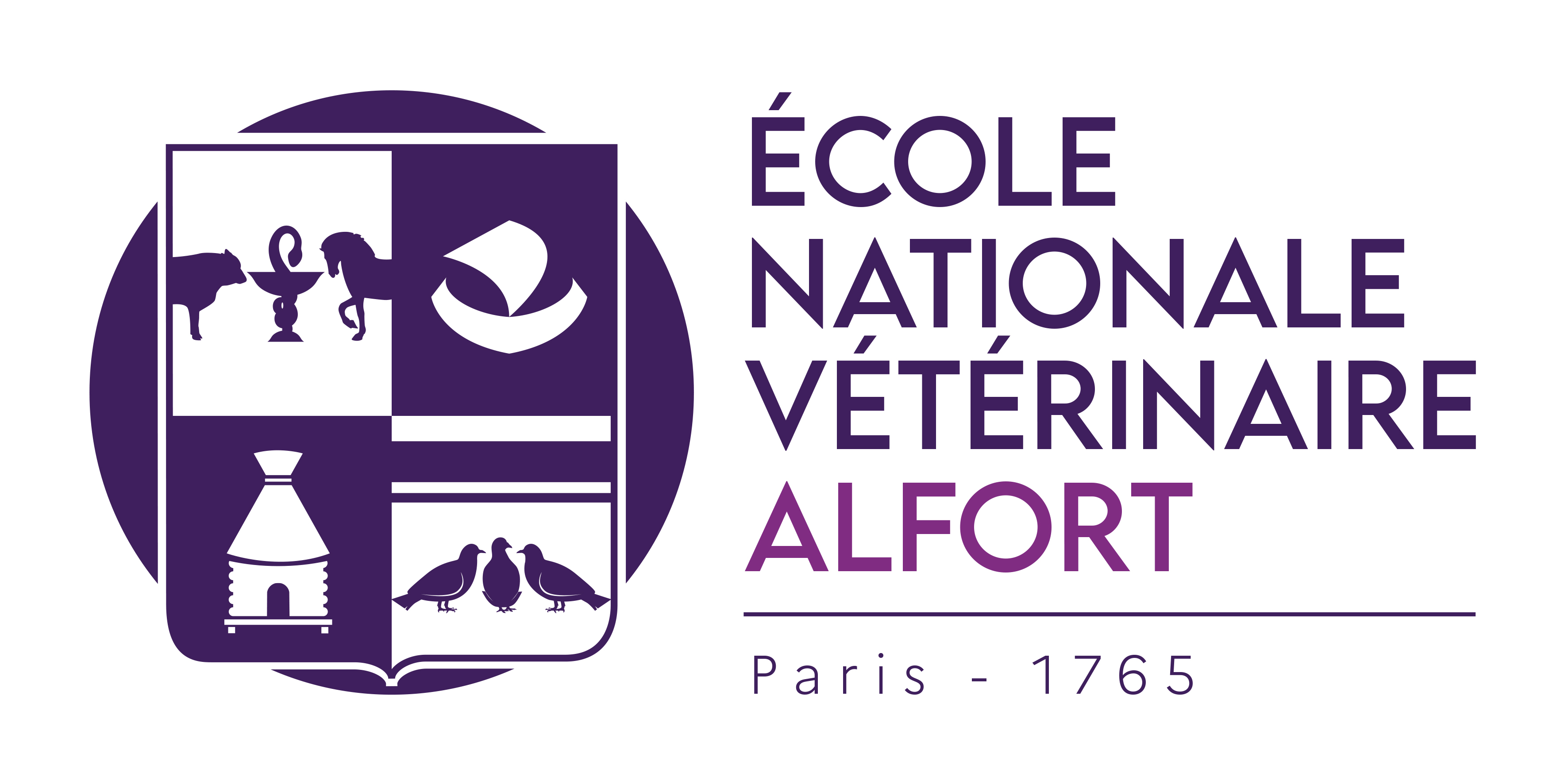Performance of clinical metagenomics in France: a prospective observational study
Résumé
Background
Metagenomic next-generation sequencing (mNGS) allows untargeted identification of a broad range of pathogens, including rare or novel microorganisms. Despite the recognition of mNGS as a valuable diagnostic tool for infections, the most relevant indications for this innovative strategy remain poorly defined. We aimed to assess the determinants of positivity and clinical utility of mNGS.
Methods
In this observational study, we prospectively performed short-read shotgun metagenomics analysis as a second-line test (in cases of negative first-line test or when the symptoms were not fully explained by initial positive results) or as a first-line test in life-threatening situations requiring urgent non-targeted pathogen identification at the Necker-Enfants Malades Hospital (Paris, France). All sample types, clinical indications, and patient populations were included. Samples were accompanied by a mandatory form completed by the senior clinician or pathologist, on which the clinical level of suspected infection (defined as high or low) was indicated. We assessed the variables (gender, age, immune status, initial suspicion of infection, indication, and sample type) associated with mNGS pathogen detection using odds ratios (ORs) from multivariate logistic regression. Additional investigations were carried out using specific PCR or culture techniques, to confirm positive mNGS results, or when infectious suspicion was particularly high despite a negative mNGS result.
Findings
Between Oct 29, 2019, and Nov 7, 2022, we analysed 742 samples collected from 523 patients. The initial suspicion of infection was either high (n=470, 63%) or low (n=272, 37%). Causative or possibly causative pathogens were detected in 117 (25%) samples from patients with high initial suspicion of infection, versus nine (3%) samples analysed to rule out infection (OR 9•1, 95% CI 4•6-20•4; p<0•0001). We showed that mNGS had higher odds of detecting a causative or possibly causative pathogenic virus on CNS biopsies than CSF samples (4•1, 1•7-10•7; p=0•0025) and in samples from immunodeficient compared with immunocompetent individuals (2•4, 1•4-4•1; p=0•0013). Concordance with conventional confirmatory tests results was 103 (97%) of 106, when mNGS detected causative or possibly causative pathogens. Altogether, among 231 samples investigated by both mNGS and subsequent specific tests, discordant results were found in 69 (30%) samples, of which 58 (84%) were mNGS positive and specific tests negative, and 11 (16%) mNGS negative and specific tests positive.
Interpretation
Major determinants of pathogen detection by mNGS are immune status and initial level of suspicion of infection. These findings will contribute, along with future studies, to refining the positioning of mNGS in diagnostic and treatment decision-making algorithms.
| Origine | Publication financée par une institution |
|---|---|
| Licence |





